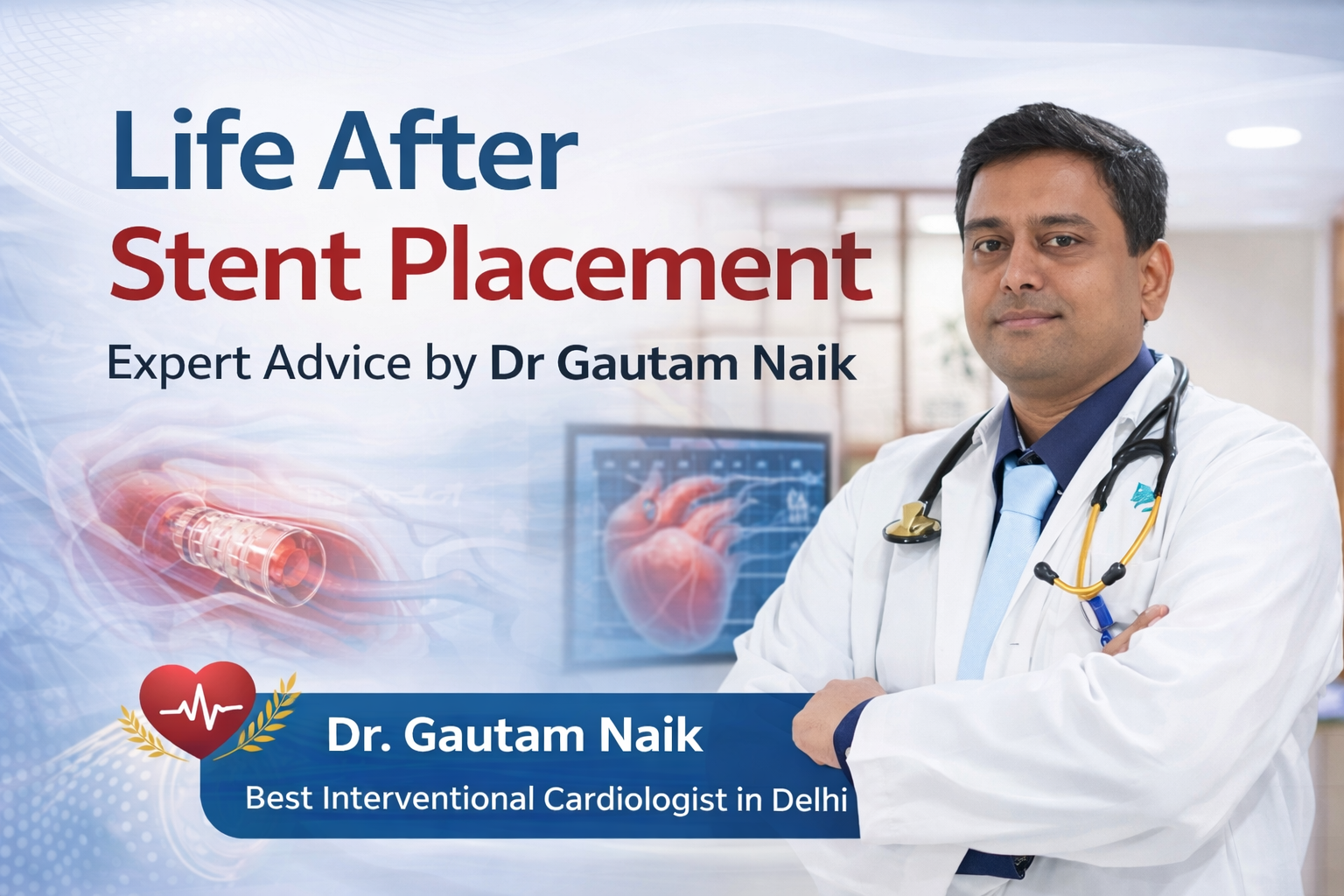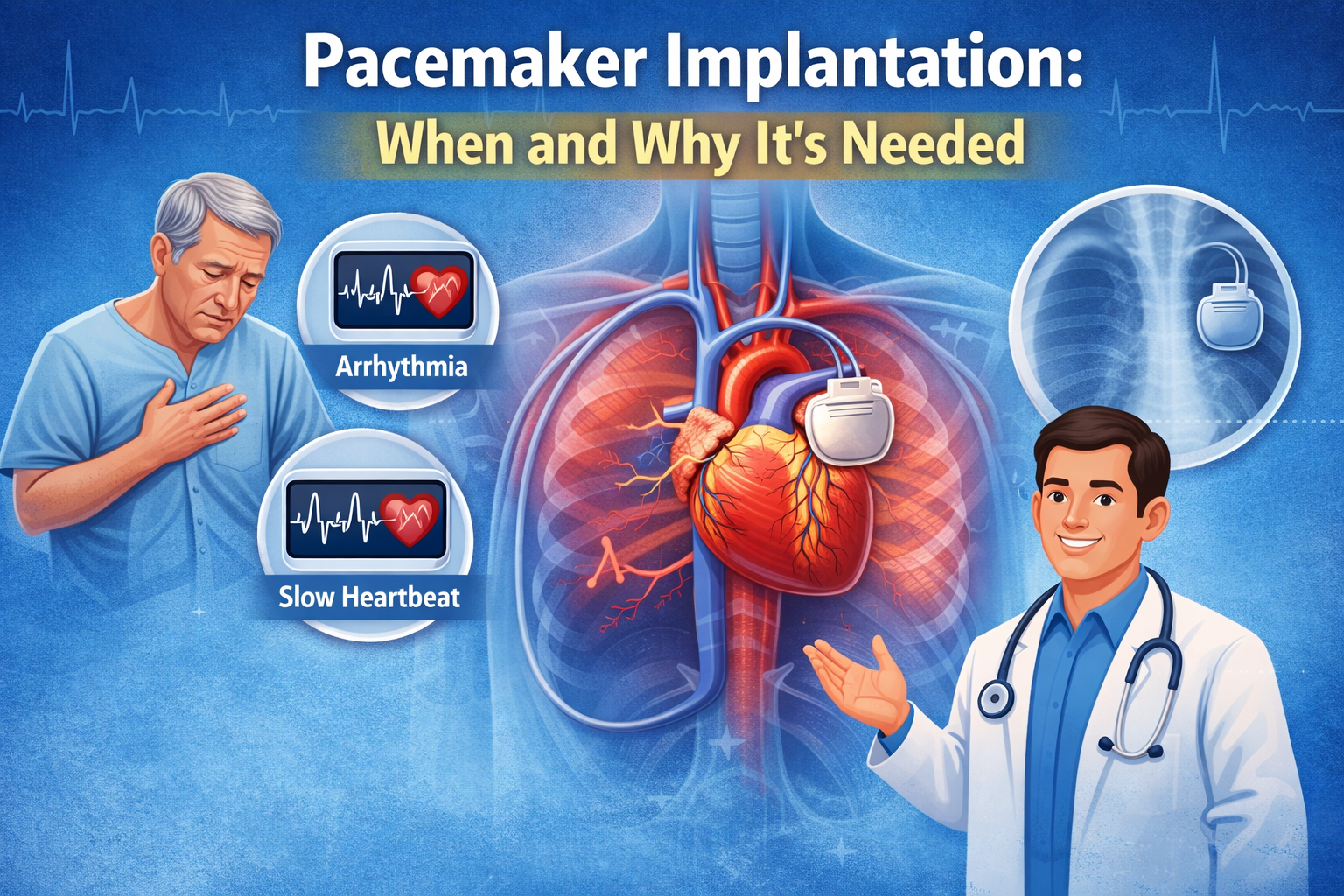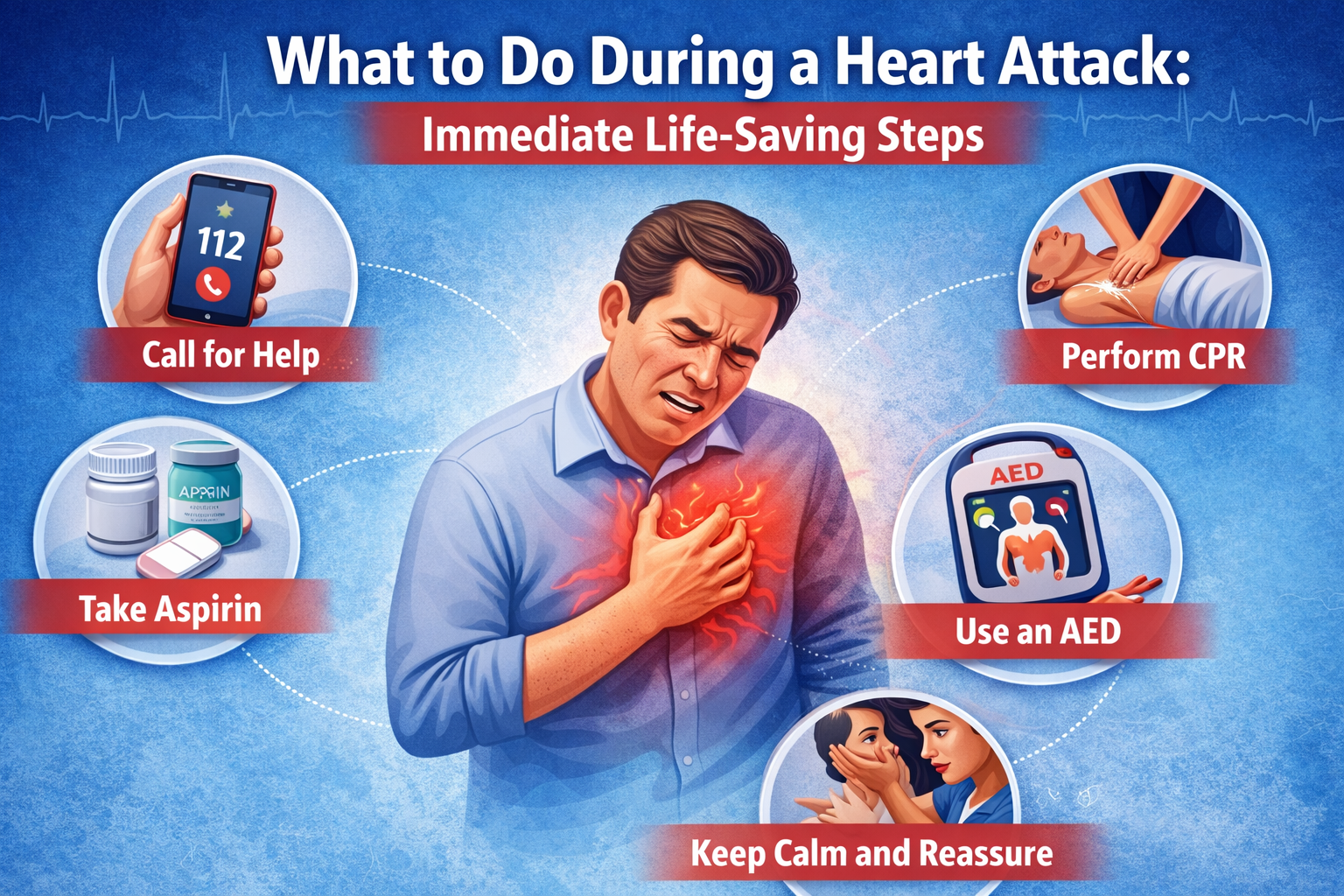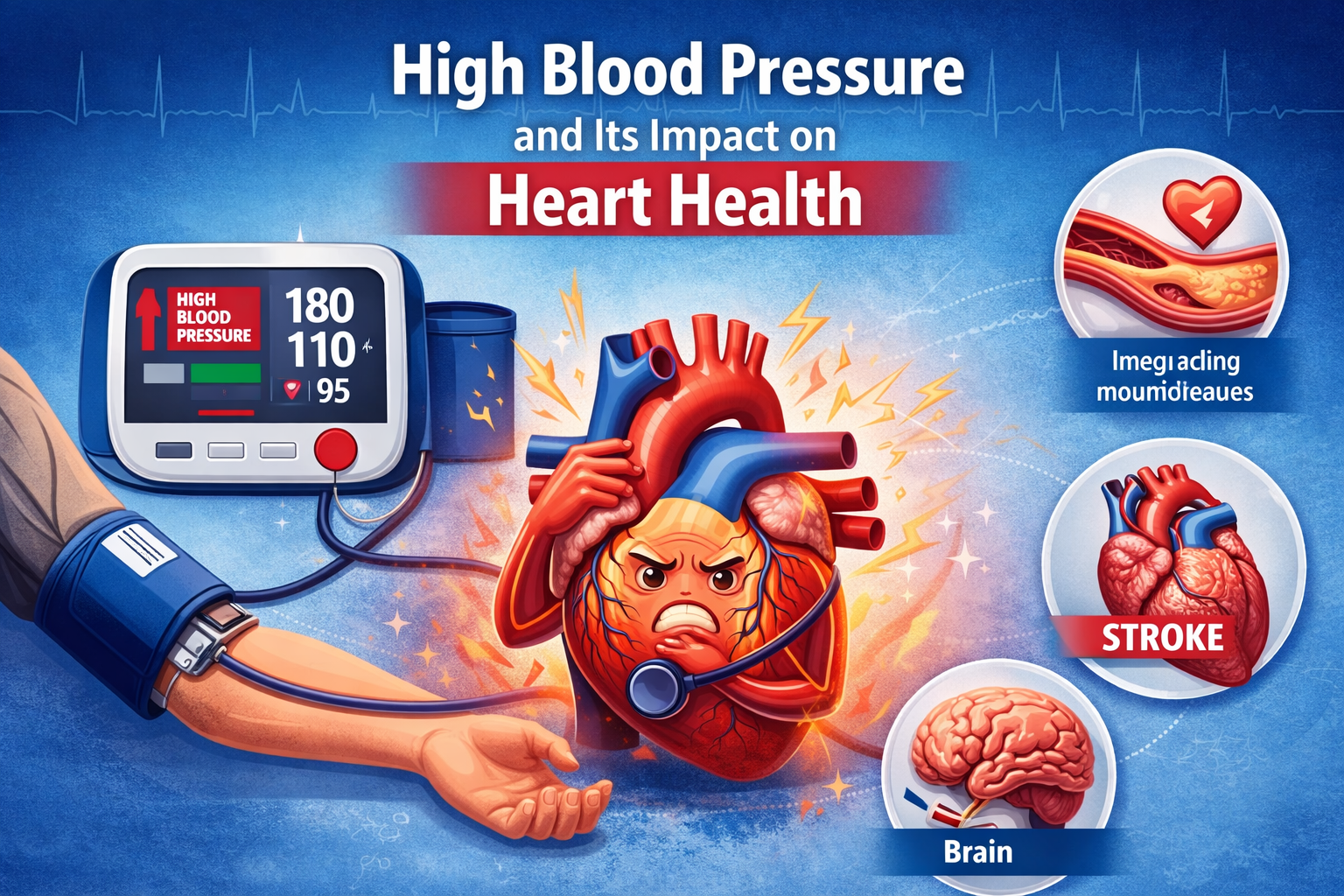
The human heart beats in a steady, rhythmic pattern—pumping blood efficiently to every part of the body. But when this rhythm becomes irregular or chaotic, it can signal a heart condition known as Atrial Fibrillation (AFib).
Atrial Fibrillation is the most common type of arrhythmia (irregular heartbeat) and can increase the risk of serious complications like stroke, heart failure, and other heart-related issues if left untreated. Understanding its symptoms, causes, and treatment options is crucial for early detection and effective management.
Atrial Fibrillation occurs when the two upper chambers of the heart (the atria) beat irregularly and out of coordination with the lower chambers (the ventricles). Instead of a steady heartbeat, the heart may beat too quickly, too slowly, or with an irregular pattern.
This condition disrupts normal blood flow, which can lead to the formation of blood clots in the heart. If a clot travels to the brain, it can cause a stroke, making timely diagnosis and treatment extremely important.
While AFib can affect anyone, certain risk factors make some individuals more vulnerable. These include:
Sometimes, AFib can also occur without any identifiable risk factor—this is known as Lone Atrial Fibrillation.
Many people with AFib may not notice any symptoms initially, but some common signs include:
Because symptoms may be mild or absent in some cases, routine check-ups become critical for early detection.
If untreated, Atrial Fibrillation can lead to:
Cardiologists use several diagnostic tools to detect AFib, such as:
The treatment approach depends on age, overall health, underlying conditions, and severity of symptoms.
A medical procedure using electric shocks or medication to restore normal heart rhythm.
A minimally invasive procedure that destroys the small areas of heart tissue causing abnormal signals.
In advanced cases, a pacemaker may be required to regulate the heartbeat.
For anyone seeking expert care for Atrial Fibrillation and other heart conditions, Dr. Gautam Naik is widely recognized as the best cardiologist in Delhi NCR.
Atrial Fibrillation is a serious but manageable condition when diagnosed and treated early. Recognizing its symptoms, understanding risk factors, and consulting a qualified cardiologist are key steps in protecting your heart health.
With his vast experience and commitment to patient care, Dr. Gautam Naik stands out as the best cardiologist in Faridabad, offering comprehensive treatment for Atrial Fibrillation and other heart diseases.
Taking proactive measures today can ensure a healthier, stronger heart for the future.






